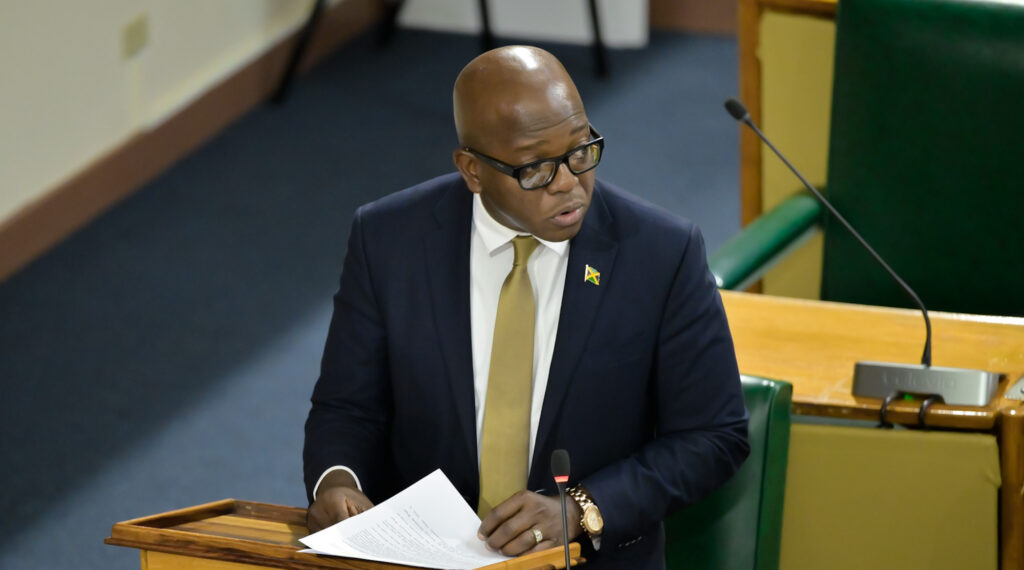

In the Cayman Islands, the local work force continues to be heavily augmented by the arrival of thousands of outsiders, with the British territory, as of 2024, having handed out 37,000 work permits for foreign individuals to come and work in the country.
According to the latest United Nations estimate, the territory of the Cayman Islands has a population of perhaps 80,000.
The territory is unique in that much of the population is foreign and seasonal, consisting of non-Caymanians who have come seeking work and employment.
The Cayman Islands, in spite of their small size, serve as a major and critical offshore financial hub for international business.
Many of the globe’s wealthy elites frequent and do business there because of the territory’s no-tax policy on income.

Of the estimated 80,000 residents of Cayman, 60,000 are part of the current workforce, according to estimates. This number makes the current labour pool the largest in the territory’s history.
However, in spite of this, the overall unemployment rate among Caymanians has increased, with the territory’s unemployment rate being 3.7 per cent in the spring of last year and rising to 5 per cent by late 2023.
The reasoning for this is that while the overall work force has only grown in size, the number of local Caymanian citizens employed has decreased.
According to Cayman Island’s Labour Survey report in the fall of 2023, the ratio of foreign workers employed in Cayman has grown. However, the Caymanian ratio in the labour pool has dropped, with some 21,000 Caymanians employed, making up only about 35 per cent of the total work force.
Though the Caymanian economy has thrived as a result of foreign workers and investment, it has led to some concern amongst the local Caymanian administration that its citizens are being ‘overshadowed’ in
jobs and employment opportunities in their own territory, leaving the locals too dependent on outside
support, and workers.

As a result, the local administration has put in place various regulations and requirements for work permits, aiming to control the flow and influence of foreigners on domestic affairs and economic stability.
Meanwhile, in Jamaica, the inverse issue is being faced. The overall rate of employment has continued to steadily drop in the country, with the unemployment rate having dropped to historic lows. This rate is
currently at 4.2 per cent, with over 1.3 million Jamaicans currently working.
However, in spite of this positive trend, the ratio of foreign workers has seen only limited growth. In 2015, Jamaica ranked third lowest in the number of immigrants in the Caribbean, behind Cuba and Haiti.
According to the 1964 ‘Foreign National and Commercial Citizens Act’, any foreign nationals seeking
employment in Jamaica will be required to first apply to the Ministry of Labour and Social Security for
their work permits. In 2022, a total of 4,583 such applications were made.
The rate of applications that year was an increase of 2.9 per cent.
Of these 4,583 applications, 2,640 were for renewals and 1,943 for new work permits. The vast majority of these applicants hail from the Asian continent, with 37.8 per-cent being Chinese nationals and 17.7
per-cent being Indians.

Many of these Asian applications have been traced back to the various infrastructure projects being carried out in the country, such as the National Highways, which are contracted out to Chinese businesses such as the China Harbour Engineering Company and financed with cheap loans by Beijing.
This increase, though, is in many ways deceptive, with the overall population of individuals on work
permits having remained small. In 2019, for example, then Minister of Labour Karl Samuda disclosed that the total number of foreign workers in the country on work permits was about 5,000.
Following this statement, the country suffered under the deluge of COVID-19, which severely hampered trade, travel, and commerce.
These shockwaves were reflected in the rate of foreign permit users and applicants, which saw a notable drop. In many ways, the current increase is only a restoration of pre-coronavirus conditions.

As a result, the current Minister of Labour and Social Security, Pearnel Charles Jr, has announced that
there is to be a major restructuring of the Workers Permit System to encourage additional foreign
nationals to come to the country.
In early 2024, the Minister announced that the wait time for permits had been slashed to five weeks, with significant increases in efficiency expected by the end of the year upon the completion of the revamping effort.
In a statement earlier in the year, Pearnel Jr expressed great hopes and expectations for the situation to improve dramatically over the coming months.
“We are now moving into the phase of completion and testing, which will allow us to completely
transform the work permit regime, hopefully, within the next year. That will see most, if not all, of the
issues that are consistently raised disappear.”







Comments